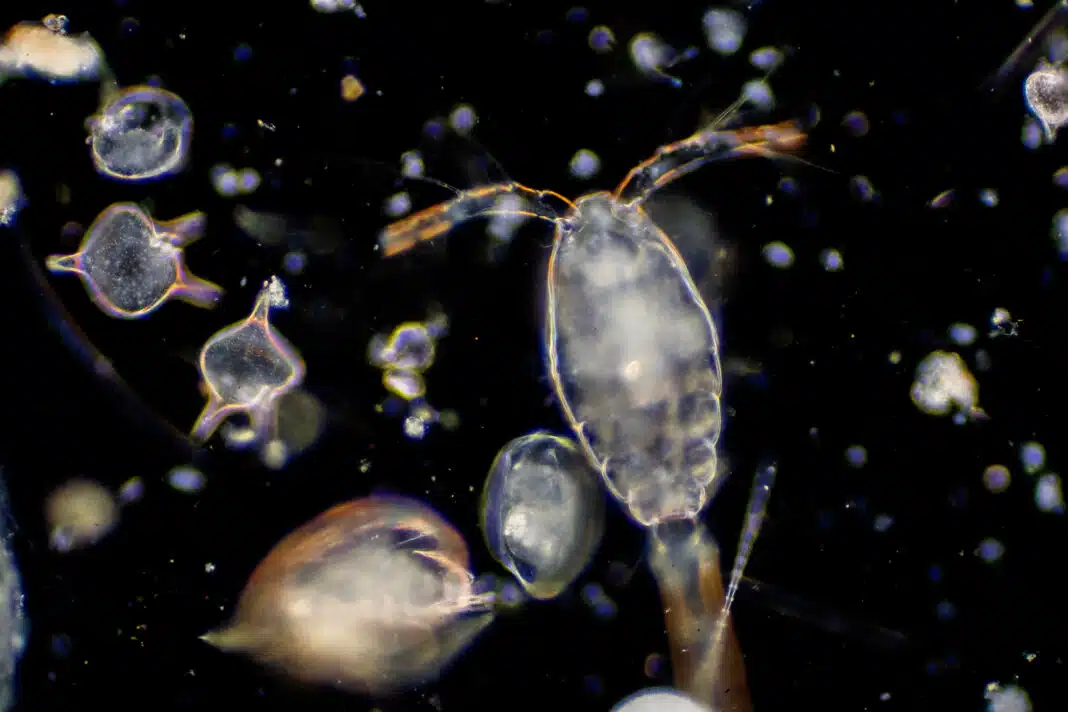Scientists from the University of Rhode Island have published research showing that Phytoplankton levels in Narragansett Bay have dropped substantially.
Long-term monitoring of the plankton levels over the last half-century has shown that their levels have dropped by half since the monitoring began.
Research has shown that from 1969 to 2019, phytoplankton levels dropped by a whopping 49%. This steep decline could have serious ramifications for the local food web.
According to Tatiana Rynearson, an oceanography professor at URI:
“There’s so much value in this one-of-a-kind data, which had been sitting in holding over the decades. Now we have all this beautiful data in a form we can better access and share with the world. Phytoplankton are a key food source…so this decrease we’re seeing is important. This event has a big impact…and its timing is important; changes in the ecosystem are very delicate. Everything acts in concert.”
Rynearson added:
“This data is of interest to time series studies all over the world. And now that we have information on the status of the phytoplankton at the bottom of the food web, we can set goals for collecting more information across the entire food web, while there is time to influence it. People at URI are aware of the value of time series studies and the importance of funding them over time. There’s so much we can do with this data. GSO’s commitment to the time series is invaluable for many reasons, including URI student training.”
You can find the original research here.

